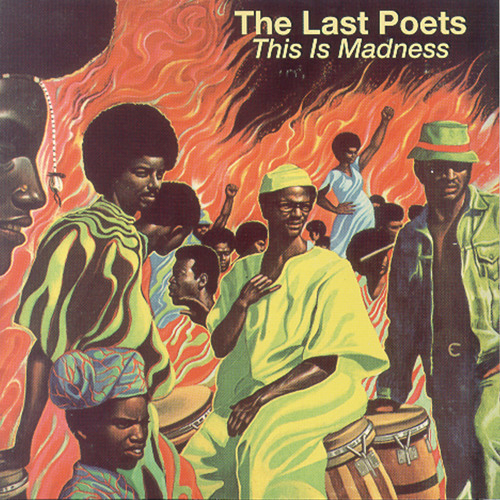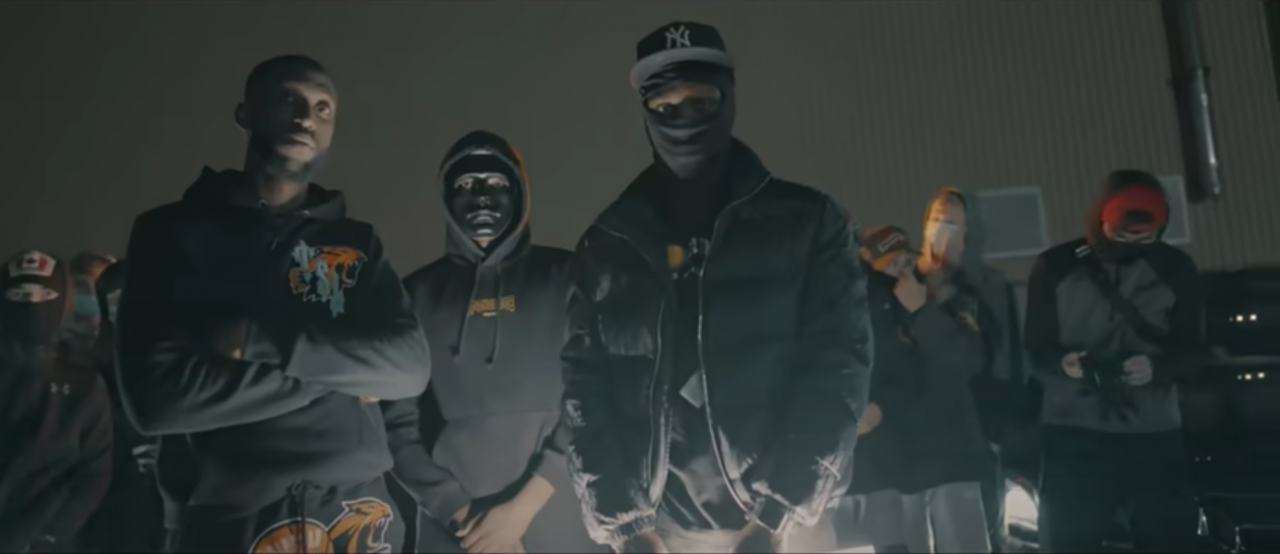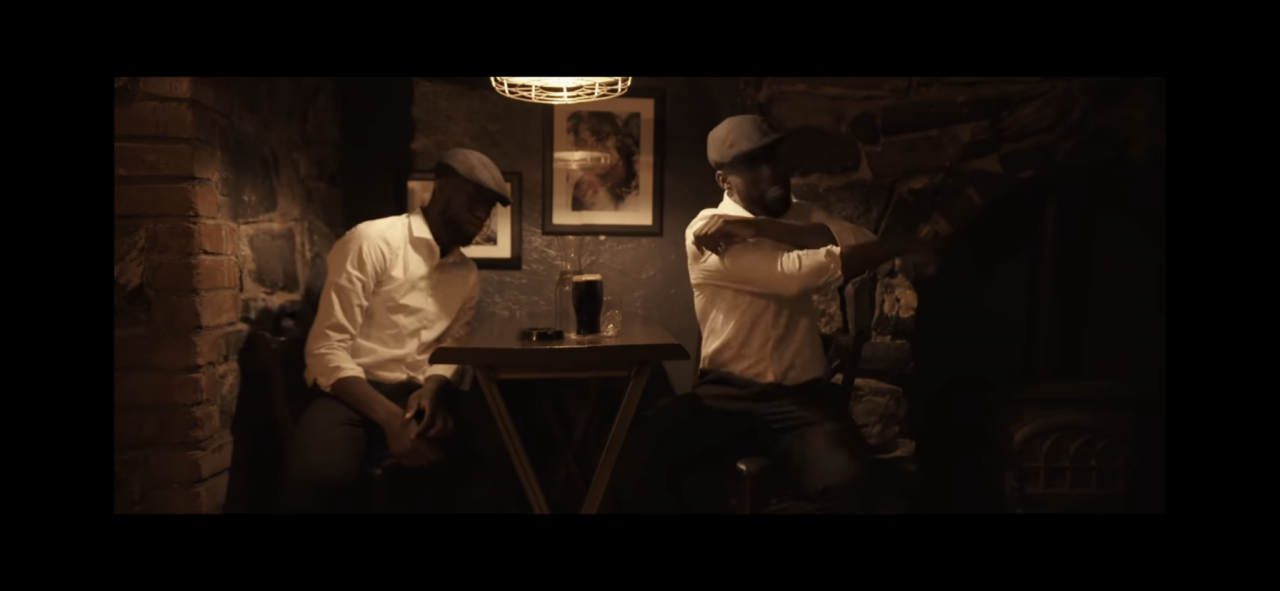The Graduate Exhibition of the TU Dublin School of Creative Arts is the highlight of the academic year for our students and staff. This online catalogue represents the culmination of many years of full time study and gives our students the opportunity to showcase the results of their imagination, hard work and creative skills in a public arena. The exhibition features work from all our programmes and highlights the exciting and innovative range of work produced by our graduates across Fine Art, Furniture, Product, Interior, Visual Merchandising, Visual Communication Design and Creative and Cultural Industries.
The 2022 exhibition is particularly special as it is the first opportunity we have had to invite the public to our brand new East Quad Arts building and give everyone a chance to see our magnificent new studios and workshops.
The identity and design of this year’s exhibition, catalogue and website was created by Visual Communication students Marwa Noelle Ali, Conor Rice and Aisling Hannon. Their design uses manipulated type to illustrate the progression from individual broken up pixels to full letterforms, to represent the coming together of the final year cohort in the post pandemic era.
- Launch June 2, 6pm
- Open Daily June 3—11, 10am—5pm
- East Quad, TU Dublin, Grangegorman, Dublin 7



